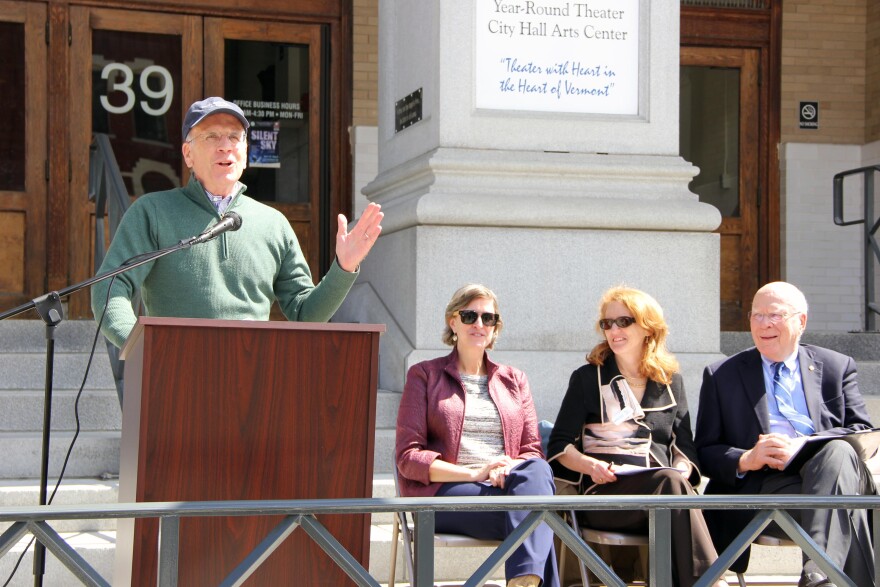Trying to rent an apartment in Vermont can be frustrating, given the shortage of apartments and the high monthly rents. And once people discover how expensive housing in Vermont has become, some potential employees turn down otherwise attractive, job offers. Representative Peter Welch has joined with a number of Democratic and Republican colleagues to co-sponsor a bill that aims to increase the Low Income Housing Tax Credit or LIHTC by 50%.Since LIHTC is the primary source of financing for more than 90% of the affordable rental housing built in the United States each year, additional tax credits are needed and welcome. However, to maximize the benefits of these additional credits, I think Congress should change the rules so that individual investors get the same benefits as corporations if they purchase these tax credits.
When Low Income Housing Tax Credits were first introduced in 1986, they were seen as such a risky and complicated investment that Congress wanted to make sure that only sophisticated investors like banks and other large businesses could invest in them. But over time, as developers and syndicators gained experience with the LIHTC rules and procedures, these tax credit investments became quite safe with less than a 1% default rate. And as someone who's been involved since the 1980s with dozens of projects financed with these tax credits, I believe that broadening the investor pool to include individuals would have significant benefits.
For example, many investors want to align their investments with their values in what we call impact investments. A great example occurred two years ago when Vermont issued Housing Bonds which were immediately gobbled up by banks and individual investors.
Putting individual investors on equal footing with corporations would also enhance competition, and raise the price, which would mean more money for residential projects and better value for taxpayers.
I’m all for boosting the supply of affordable housing in Vermont and across the country by increasing the annual allocation of Low Income Housing Tax Credits. But if we increase the tax credit supply, I hope we will also be wise enough to increase the demand.






